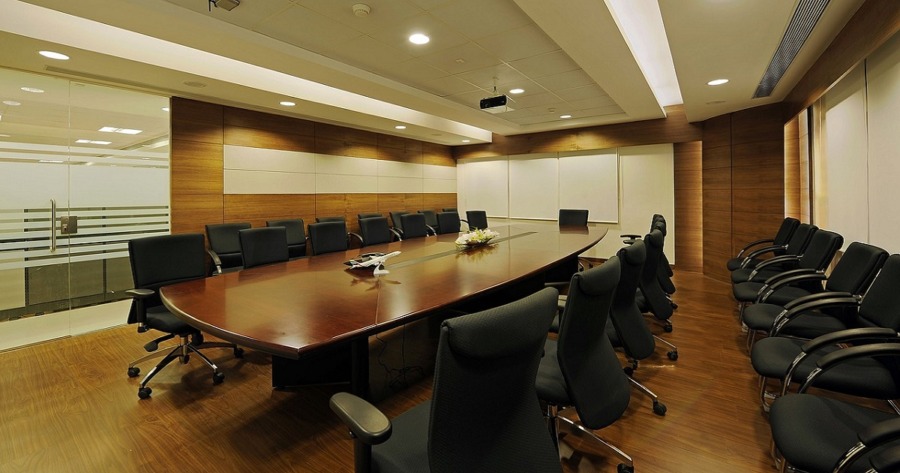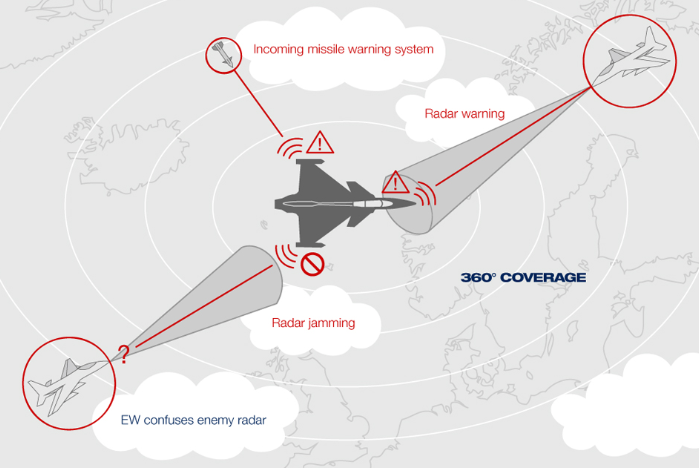Unveiling the Puppeteers: Understanding Global Power Dynamics and the Impact on Ordinary Citizens
- TDS News
- Business
- Trending
- World News
- June 11, 2023

In today’s interconnected and globalized world, the question of who truly runs the world and controls the global economy is a topic that sparks curiosity and debate. Behind the scenes of international institutions, high-ranking government officials, and influential corporations lies a complex web of interconnected relationships that shape our society and economy. The global elite, comprised of CEOs, financial institutions, think tanks, and other powerful entities, plays a significant role in setting the global agenda. But is this concentration of power a good or a bad thing? And how does it impact those who may be uninformed, undereducated, or lacking access to information?
We must examine the intricate relationships that bind influential entities to understand who controls the world. CEOs of major corporations often serve on each other’s boards, forming a tight-knit group that can collectively influence business strategies, investments, and policy decisions. This interconnection extends beyond corporations, as they engage with financial institutions, think tanks, and high-ranking government officials, creating a symbiotic relationship where power and influence are concentrated in a select few.
Financial institutions like banks wield considerable control over the global economy. Their actions, investment decisions, and lending practices can impact businesses, governments, and individuals. The close ties between financial institutions and major corporations, where shared board members and financial partnerships exist, further reinforce the influence of the global elite.
Think tanks, renowned for their research and policy recommendations, are essential in shaping global agendas. While their intentions may be noble, their funding sources and affiliations with the global elite can influence the direction of their work. The ability to fund research projects and support policy initiatives gives the global elite a platform to advocate for their interests and priorities.
The concentration of power in the hands of the global elite raises concerns about democratic processes, transparency, and the representation of the broader population. While the global elite may argue that their influence is necessary for economic stability and progress, critics argue that it can result in an uneven distribution of wealth and power.
Ordinary citizens, especially uninformed, undereducated, or lacking access to information, may find it challenging to comprehend the extent of the global elite’s impact on their lives. Policies influenced by the global elite can shape economic systems, labour markets, social welfare, and even environmental regulations. However, the complexities of these systems often make it difficult for the average person to connect the dots between global decision-making and their daily struggles.
Moreover, the influence of the global elite can perpetuate existing inequalities, as their interests may not align with those of the broader population. This can lead to policies favouring big corporations, exacerbating wealth gaps and hindering social mobility. The challenge lies in ensuring that the decision-making processes incorporate diverse perspectives, protect the interests of the marginalized, and prioritize the greater good.
To bridge the gap between the global elite and the uninformed or undereducated, efforts must be made to enhance transparency and accountability. Promoting open dialogue, access to information, and civic education that empowers individuals to understand the global power dynamics at play is crucial.
Promoting a more inclusive and participatory democracy can help ensure that global decisions take into account all citizens’ interests. Encouraging diverse representation in decision-making bodies, fostering public engagement, and holding the global elite accountable for their actions are necessary steps toward a more equitable and just society.
While the question of who controls the world is complex and multifaceted, it is evident that the global elite wields considerable influence over the global economy and sets the agenda for various institutions. The impact of their decisions on ordinary citizens, particularly those who are uninformed, undereducated, or lack access to information, is a significant concern.
The concentration of power in the hands of a few demands increased transparency, accountability, and an inclusive approach to decision-making. By promoting awareness, empowering individuals with knowledge, and fostering participatory democracy, we can strive for a more equitable world where the global elite’s influence benefits humanity rather than a select few.








